
BBC recommends using VPNs after HTTPS switch leaves it blocked in China
Since switching all of its sites to secure HTTPS rather than plain old HTTP, the BBC has found that it is completely blocked online in China.
The corporation has issued a statement recommending that people in the region looking to access its services should turn to either a VPN, or the censorship-busting app Psiphon.

How much does Google know about you?
We all know that Google collects data and uses it to sell adverts. But just how well does Google know you?
VPN service comparison site TheBestVPN has created a full guide to how the corporation tracks you and what it does with the information.

Keeping your data safe while traveling
As we enter the summer people start to go away on vacations and visit sporting events like this year's World Cup in Russia, potentially exposing their digital devices and data to extra risks.
VPN advice service vpnMentor has produced a report looking at the particular risks travelers face and how they can protect themselves.

Opera VPN app to be permanently discontinued
Opera launched its VPN app for Android and iOS two years ago. The free app provided users with secure VPN encryption to the web (with support for spoofing one of five countries), plus the blocking of both ads and tracking cookies.
At a time when privacy is at the forefront of a lot of people’s minds, and VPNs are growing in popularity, it will perhaps come as a surprise to hear that Opera has made the decision to discontinue its app as of April 30. Yes, that’s the end of this month.

Privacy: Hotspot Shield, PureVPN, and ZenMate found to leak sensitive data
VPN tools have been in the headlines recently. Firstly, Facebook's Onavo VPN was found to be gathering user data, and then McAfee snapped up VPN firm TunnelBear. Now for users of Hotspot Shield, PureVPN and ZenMate, there's a warning: sensitive data such as your real IP address may be leaked.
A VPN company with a strong interest in privacy, vpnMentor, commissioned research into the three well-known tools, and problems were found in all of them. The developers were notified, but only HotSpot Shield has addressed the problems that were found.
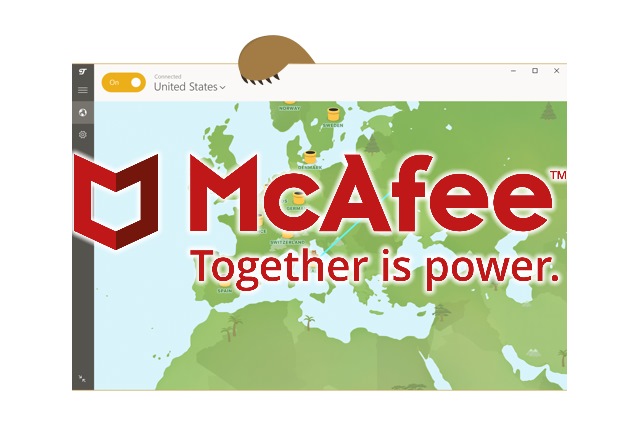
McAfee buys VPN firm TunnelBear
Security firm McAfee has announced the acquisition of VPN company TunnelBear. Full details of the deal have not been revealed, and it is not known how much money has changed hands.
With a growing awareness of the importance of online security and privacy, VPN tools have grown in popularity in recent years, and the Canada-based TunnelBear has managed to gather 20 million users around the world.
Facebook Onavo VPN app gathers user data even when it is disabled
It is a number of years since Facebook acquired mobile data compression firm Onavo, but in recent weeks concern mounted about how the social network's Onavo VPN tool collects user data.
The collection of user data while an app or service is being used is one thing, but a security researcher noticed that Onavo seemed to gather certain snippets of user data even when switched off.
If you're concerned about privacy, you might want to skip Facebook's VPN -- Onavo Protect
Facebook and privacy are not words that really belong in the same sentence, so the idea that the social network is offering a VPN tool might well raise your suspicions. Back in 2013, Facebook acquired Onavo, the company behind the VPN tool Protect.
Recently, users of the Facebook iOS app noticed a link to something labelled Protect within settings. While this appears to be a built-in setting, it is in fact just a link to the Onavo Protect VPN app -- and the idea of a Facebook-owned VPN tool being promoted from within the Facebook app has people concerned. Take a look at the app description, and you may well understand why.

TunnelBear 3.2 improves and refines its VPN service, rebuilds VigilantBear component
Canadian VPN provider TunnelBear Inc has released TunnelBear 3.2 for Windows. TunnelBear, also available on Mac, provides users with both free (500MB/month) and paid-for VPN plans.
Version 3.2 features a completely rebuilt VigilantBear component and comes with the promise of improved reliability when switching networks as well as some other tweaks and bug fixes.
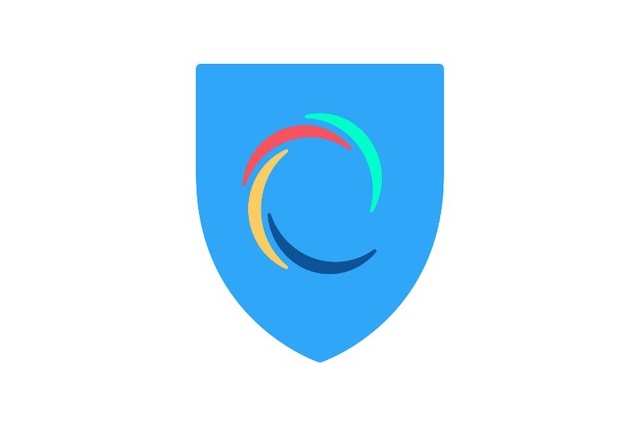
Hotspot Shield flaw could reveal the location of VPN users
There are many reasons for turning to VPN software, but anonymity and hiding one's location are pretty high up the list. A newly-discovered flaw in the popular free VPN Hotspot Shield, however, means that it is possible to determine key pieces of information about users.
The VPN -- produced by AnchorFree -- is used by 500 million people around the world, and security researchers have discovered a vulnerability (CVE-2018-6460) that means it is technically possible to home in on the location of an individual using the service.
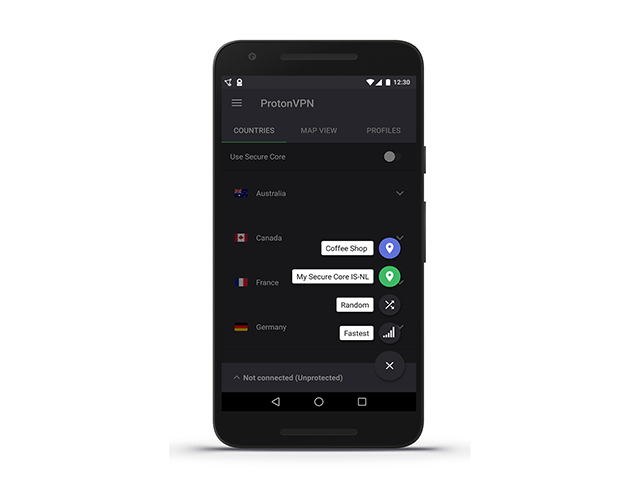
ProtonVPN launches unlimited free VPN service for Android
ProtonVPN’s free VPN service got off to a very rocky start when it launched 7 months ago. Demand was such that free users got put on to a waitlist, where they languished for months before even seeing an invite. The company did sort things eventually, and today it expands ProtonVPN further, by bringing the service to Android.
If you’re concerned about using a free VPN, the company says you shouldn’t be. The free service is funded by paid subscribers and subsidized by ProtonMail, meaning there are no ads and user data won't be sold to pay for it.
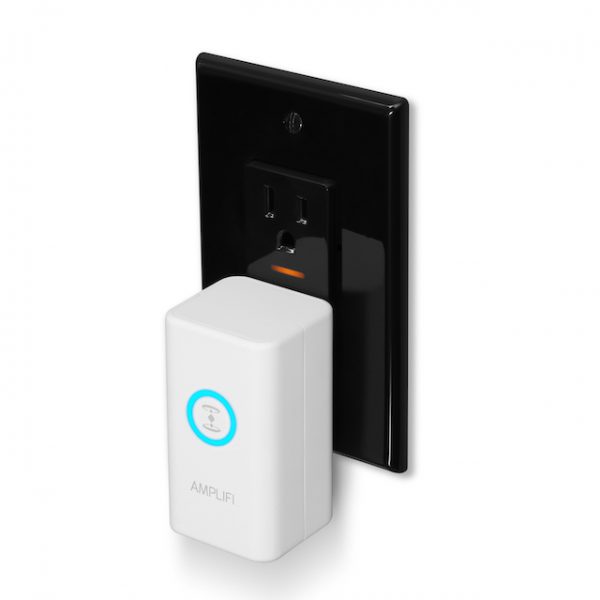
Ubiquiti Labs unveils VPN-like AmpliFi Teleport to bypass location restrictions with Netflix, Hulu, and more
Ubiquiti Networks is a very respected company in the networking market. Its high-end hardware is used by many in the enterprise. Under its "Ubiquiti Labs" branding, however, the company recently entered the home consumer space with the "AmpliFi" mesh wireless router system. That product is exceptional -- my current recommended home router for anyone that will listen. It gets plenty of timely updates, looks beautiful, and offers both wonderful speed and coverage. Seriously, folks, it rocks.
Today, Ubiquiti Labs unveils its next home consumer product. Called "AmpliFi Teleport," it is a little box that promises to route your on-the-go internet traffic through your home router. The device plugs into the wall for power and connects to an access point using Wi-Fi or Ethernet. It creates an encrypted connection, making it operate sort of like a VPN, but that's not all. Your media services (Netflix, Hulu, MLB, etc.) will think you are at home when you aren't, so you can still access location restricted content. In other words, you won't get the dreaded message of "sorry, this is not available in your area," even if you are in a different state -- or country. It supplies access to the things connected to your home network too, such as smart devices that don't offer remote access.
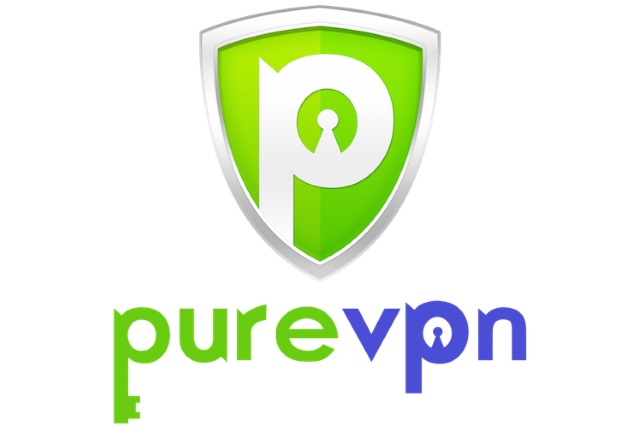
PureVPN scrambles to defend itself against accusations of logging users
Last week it transpired that PureVPN had helped the FBI track down a cyberstalker from Massachusetts. This came as something of a surprise to other PureVPN users who were under the impression that using the service made them completely anonymous -- a belief strengthened by the company's assertion "We do NOT keep any logs that can identify or help in monitoring a user's activity."
Strictly speaking, this is true, but that's not to say that the company doesn’t maintain IP logs that can be used to identify users. The company does exactly this, logging IP addresses and timestamps, and this is how it helped the FBI. In a blog post, the company tries to explain this as it attempts to convince concerned users that it is not logging their activities.

FBI uses PureVPN's 'non-existent' logs to track down internet stalker
No longer operating under the illusion that the internet offers a mask of anonymity, increasing numbers of people are turning to VPN software to protect their privacy and mask their identity online.
But a recent case shows that the FBI used the logs of PureVPN to track down a user believed to be an internet stalker. This may make PureVPN users think twice about just how anonymous they really are, particularly when the company claims: "We do NOT keep any logs that can identify or help in monitoring a user's activity."
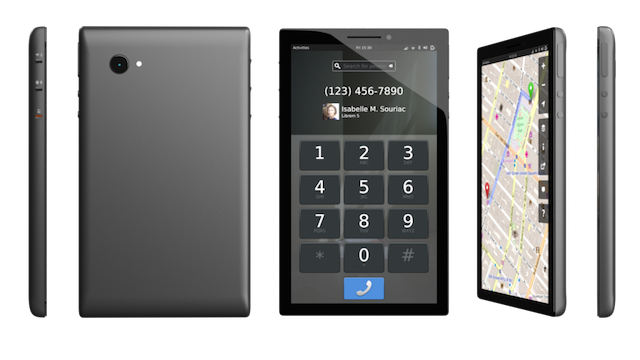
You can help Purism build the secure open source Linux-based 'Librem 5' smartphone
It used to be that very privacy conscious people were viewed as being a bit paranoid. Some of these evangelists for security and privacy would speak of conspiracy theories about governments and hackers accessing your email, private data, webcam feeds, and more. Well, it turns out many of these folks weren't crazy, and their conspiracy theories were actual fact. As Edward Snowden highlighted, some governments and other organizations are out to spy on you -- both for control and profit.
Thankfully, consumers are starting to wake up and become more aware, and some companies, such as Purism, are designing products to safeguard users. The company's laptops, for instance, run an open source Linux-based operating system, called "PureOS" with a focus on privacy. These machines even have hardware "kill switches" so you can physically disconnect a webcam or Wi-Fi card. Today, Purism announces that it is taking those same design philosophies and using them to build a new $599 smartphone called Librem 5. The planned phone will use the GNOME desktop environment and PureOS by default, but users can install different distros too. Sound good? Well you can help the company build it through crowdfunding.
